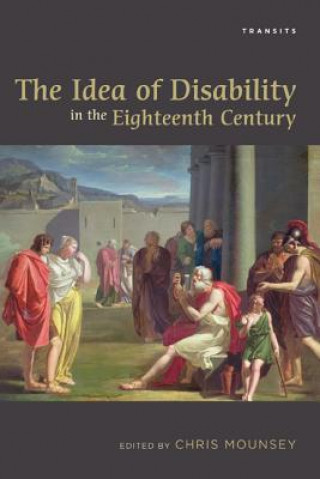
Kód: 04838175
Idea of Disability in the Eighteenth Century
Autor Sharon Alker, Emile Bojesen, Chris Mounsey
The Idea of Disability in the Eighteenth Century explores disabled people who lived in the eighteenth century. The first four essays consider philosophical writing dating between 1663 and 1788, when the understanding of disability ... celý popis
- Jazyk:
 Angličtina
Angličtina - Vazba: Pevná
- Počet stran: 280
Nakladatelství: Bucknell University Press, 2014
- Více informací o knize

4039 Kč
Dostupnost:
50 % šance Máme informaci, že by titul mohl být dostupný. Na základě vaší objednávky se ho pokusíme do 6 týdnů zajistit.
Máme informaci, že by titul mohl být dostupný. Na základě vaší objednávky se ho pokusíme do 6 týdnů zajistit.Prohledáme celý svět
Mohlo by se vám také líbit
-

British Writers
12331 Kč -

Mars - A Warmer, Wetter Planet
1076 Kč -

First Thrills
276 Kč -

Arrest of Scotland Yard
640 Kč -

Beyond Market and Hierarchy
3777 Kč
Darujte tuto knihu ještě dnes
- Objednejte knihu a zvolte Zaslat jako dárek.
- Obratem obdržíte darovací poukaz na knihu, který můžete ihned předat obdarovanému.
- Knihu zašleme na adresu obdarovaného, o nic se nestaráte.
Informovat o naskladnění knihy
Zadejte do formuláře e-mailovou adresu a jakmile knihu naskladníme, zašleme vám o tom zprávu. Pohlídáme vše za vás.
Více informací o knize Idea of Disability in the Eighteenth Century
Nákupem získáte 404 bodů
 Anotace knihy
Anotace knihy
The Idea of Disability in the Eighteenth Century explores disabled people who lived in the eighteenth century. The first four essays consider philosophical writing dating between 1663 and 1788, when the understanding of disability altered dramatically. We begin with Margaret Cavendish, whose natural philosophy rejected ideas of superiority or inferiority between individuals based upon physical or mental difference. We then move to John Locke, the founder of empiricism in 1680, who believed that the basis of knowledge was observability, but who, faced with the lack of anything to observe, broke his own epistemological rules in his explanation of mental illness. Understanding the problems that empiricism set up, Anthony Ashley Cooper, Lord Shaftesbury, turned in 1711 to moral philosophy, but also founded his philosophy on a flaw. He believed in the harmony of "the aesthetic trinity of beauty, truth, and virtue" but he could not believe that a disabled friend, whom he knew to have been moral before his physical alteration, could change inside. Lastly, we explore Thomas Reid who in 1788 returned to the body as the ground of philosophical enquiry and saw the body as a whole-complete in itself and wanting nothing, be it missing a sense (Reid was deaf) or a physical or mental capacity. At the heart of the study of any historical artifact is the question of where to look for evidence, and when looking for evidence of disability, we have largely to rely upon texts. However, texts come in many forms, and the next two essays explore three types-the novel, the periodical and the pamphlet-which pour out their ideas of disability in different ways. Evidence of disabled people in the eighteenth century is sparse, and the lives the more evanescent. The last four essays bring to light little known disabled people, or people who are little known for their disability, giving various forms of biographical accounts of Susanna Harrison, Sarah Scott, Priscilla Poynton and Thomas Gills, who are all but forgotten in the academic world as well as to public consciousness.
 Parametry knihy
Parametry knihy
Zařazení knihy Knihy v angličtině Literature & literary studies Literature: history & criticism Literary studies: general
4039 Kč
- Plný název: Idea of Disability in the Eighteenth Century
- Autor: Sharon Alker, Emile Bojesen, Chris Mounsey
- Jazyk:
 Angličtina
Angličtina - Vazba: Pevná
- Počet stran: 280
- EAN: 9781611485592
- ID: 04838175
- Nakladatelství: Bucknell University Press
- Hmotnost: 572 g
- Rozměry: 236 × 162 × 27 mm
- Datum vydání: 21. March 2014
Oblíbené z jiného soudku
-
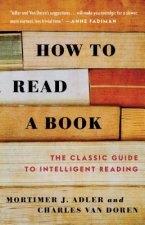
How to Read a Book
303 Kč -

Hamlet: The Oxford Shakespeare
268 Kč -
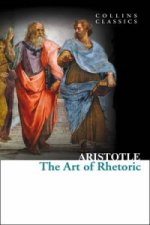
Art of Rhetoric
80 Kč -
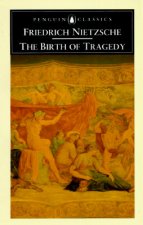
Birth of Tragedy
250 Kč -

Selected Essays
276 Kč -
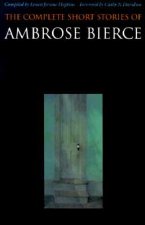
Complete Short Stories of Ambrose Bierce
518 Kč -

Serpent Power
521 Kč -
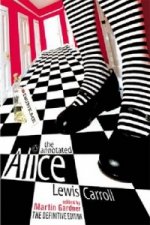
Annotated Alice
323 Kč -

Moby-Dick
464 Kč -

Nordic Noir
410 Kč -

Marquis de Sade: A Very Short Introduction
273 Kč -

Children's Fantasy Literature
663 Kč -

Mysteries of Udolpho
302 Kč -

Joseph Andrews and Shamela
225 Kč -
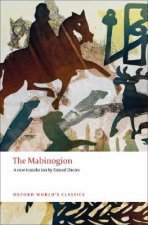
Mabinogion
276 Kč -
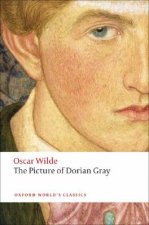
The Picture of Dorian Gray
170 Kč -
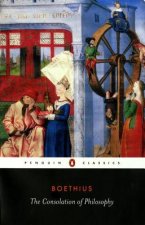
Consolation of Philosophy
276 Kč -
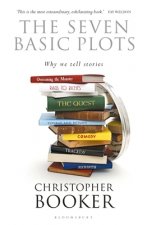
Seven Basic Plots
575 Kč -
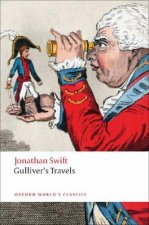
Gulliver's Travels
170 Kč -
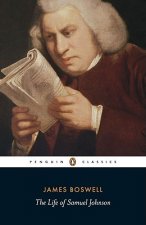
Life of Samuel Johnson
678 Kč -

Powers of Horror
1109 Kč -

Road to Hel
1373 Kč -

Sejong Korean Student Book 2A - English Edition, m. 1 Audio
733 Kč -

Anna Karenina
223 Kč -

Wide Sargasso Sea
236 Kč -

Edda
293 Kč -

Finn and Hengest
250 Kč -
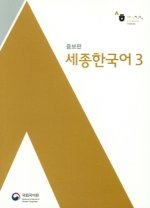
Sejong Korean 3, m. 1 Audio
681 Kč -

If Not, Winter: Fragments Of Sappho
424 Kč -

Africa's Tarnished Name
101 Kč -
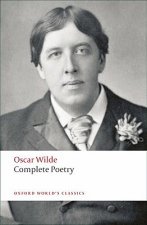
Complete Poetry
196 Kč -

Captain is Out to Lunch
380 Kč -

Devils
266 Kč -

Two Treatises of Government
264 Kč -
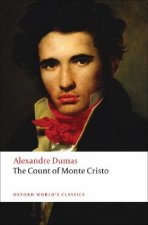
Count of Monte Cristo
276 Kč -

Sejong Korean 2 (Korean+English Version), m. 1 Audio
681 Kč -

Moveable Feast
268 Kč -

Moveable Feast
290 Kč -
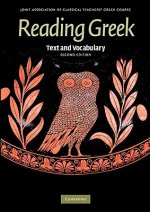
Reading Greek
964 Kč -

Dream Story
276 Kč -
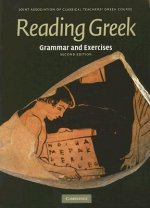
Reading Greek
1021 Kč -

Analysis of Donna Haraway's A Cyborg Manifesto
243 Kč -
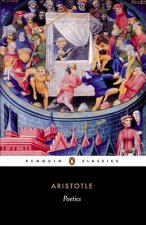
Poetics
283 Kč -
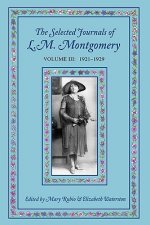
Selected Journals of Lm Montgomery Volume III 1921-1929
516 Kč -

Leaves of Grass
462 Kč -
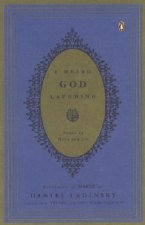
I Heard God Laughing
421 Kč -

Tragedy of King Richard III: The Oxford Shakespeare
223 Kč -
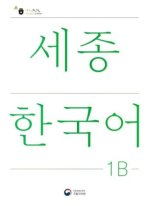
Sejong Korean Student Book 1B - Korean Version, m. 1 Audio
733 Kč -

Wild Ass's Skin
322 Kč
Osobní odběr Praha, Brno a 12903 dalších
Copyright ©2008-24 nejlevnejsi-knihy.cz Všechna práva vyhrazenaSoukromíCookies


 Vrácení do měsíce
Vrácení do měsíce 571 999 099 (8-15.30h)
571 999 099 (8-15.30h)